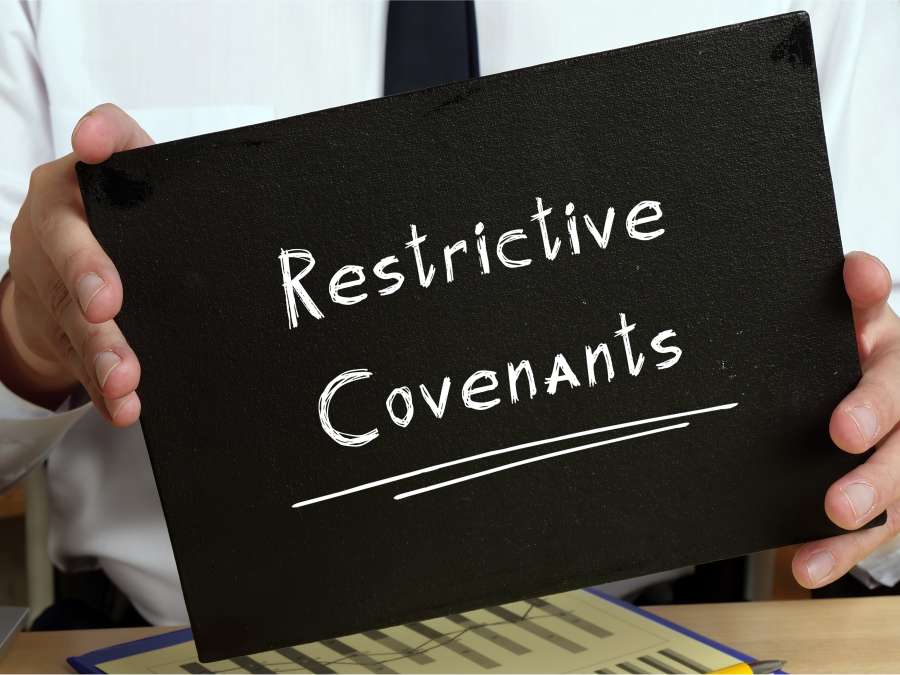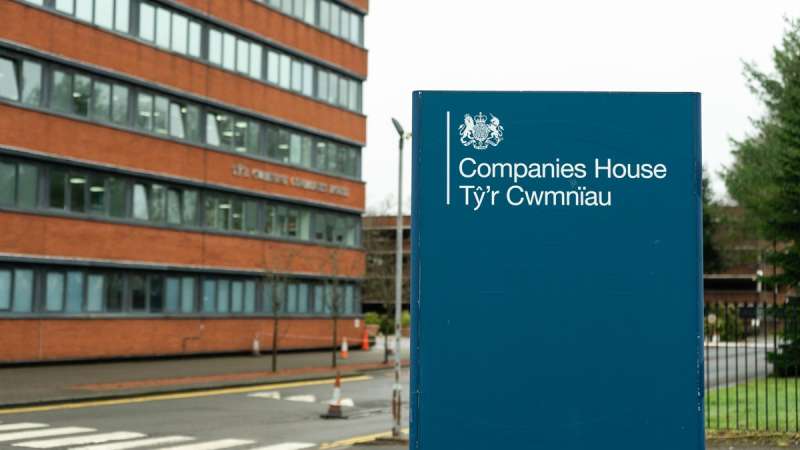
A shareholders' agreement, together with the company’s articles of association, are important constitutional documents for a company where there is more than one shareholder.
These documents serve different purposes and have different legal implications; however, together, they seek to govern the affairs and management of the company.
It is therefore important that the shareholders’ agreement and the articles work together in this regard and do not contain any conflicting provisions or duplication.
A shareholders' agreement is a private contract between the shareholders of a company and is a useful agreement to supplement the articles with matters which are more appropriate for a private agreement. In contrast, the articles are available for public inspection online at Companies House.
Our Corporate Lawyers focus on the key clauses within a shareholders’ agreement, but it is usually advisable for a company to have both a robust corresponding set of articles and a shareholders’ agreement in place.












